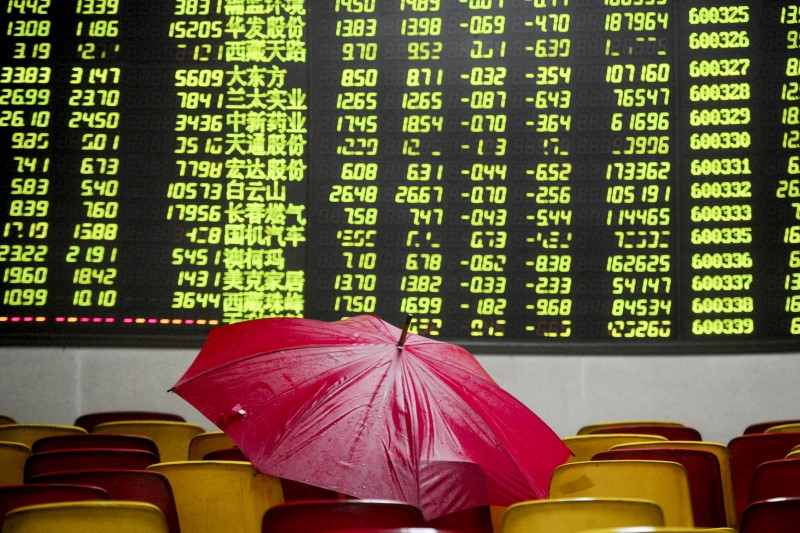By Ambar Warrick
Investing.com-- Most Asian stock markets rose on Monday amid growing expectations that the Federal Reserve will slow its pace of interest rate hikes, while Chinese stocks lagged after the country reiterated its commitment to maintaining strict COVID-related curbs.
China’s blue-chip Shanghai Shenzhen CSI 300 index and the Shanghai Composite index fell 0.1% each in volatile trade. Both indexes rallied last week on growing speculation that Beijing will scale back its strict zero-COVID policy.
But officials from China’s health commission said over the weekend that the country plans to maintain its anti-COVID policy, which entails strict lockdown measures to prevent transmission.
Their comments were intended to dissuade speculation over a possible withdrawal of zero-COVID, and also come as China struggles with its worst outbreak in nearly six months.
Still, Goldman Sachs analysts predicted that a Chinese reopening will drive an at least 20% stock market rally. They also expect the country to begin relaxing its zero-COVID policy by the second quarter of 2023.
But in a continued sign of economic headwinds for China, data showed further deterioration in China’s trade balance, with both imports and exports shrinking in October.
Hong Kong stocks extended last week’s rally, with the Hang Seng index surging over 3%. Technology-heavy bourses like the Hang Seng were supported by growing expectations that the Federal Reserve will raise interest rates at a slower pace in the coming months.
South Korea’s KOSPI index rose 0.8%, while the Taiwan Weighted index jumped 1.5%. Japan’s Nikkei 225 index added 1.3%. But shares of major Apple Inc (NASDAQ:AAPL) supplier Hon Hai Precision Industry Co Ltd (TW:2317), also known as Foxconn, fell 0.4% after the firm flagged weaker results due to disruptions in China.
Apple also said it expects slower production of its top-end iPhone models after COVID lockdowns in China disrupted activity at Foxconn's largest factory in the country.
Still, broader tech stocks rose after several Fed officials signaled last week that they supported a smaller rate hike in December to maintain a balance between battling inflation and avoiding more economic ructions.
But given that the central bank forecast rates remaining higher for longer than expected, the outlook for equity markets remains dim. Markets are pricing in a 62% chance the Fed will hike rates by 50 basis points (bps) in December, smaller than November’s hike of 75 bps.
A series of steep U.S. interest rate hikes battered Asian stocks this year, as regional central banks also tightened policy to keep pace with the Fed.
In Southeast Asia, Thailand stocks rose 0.3% after inflation came in below expectations for October. The reading puts lesser impetus on the central bank to hike interest rates, which is positive for local stocks.
